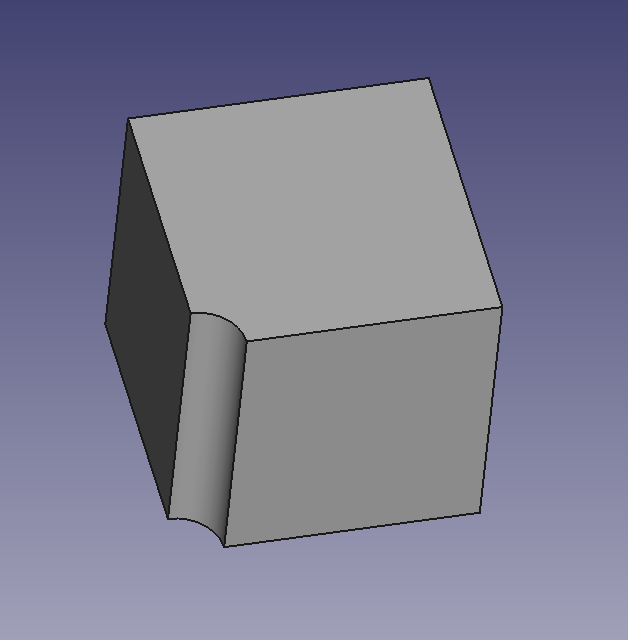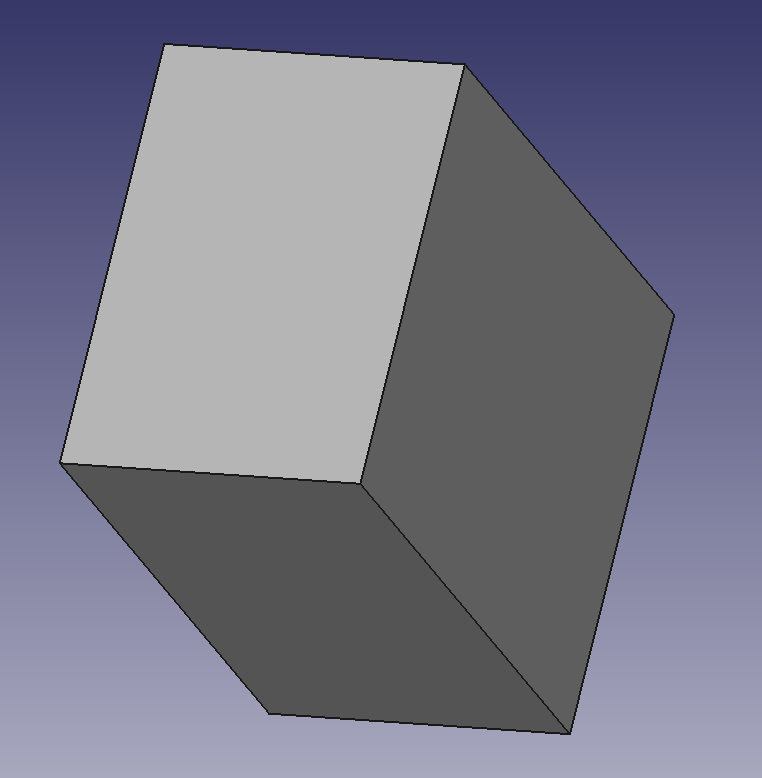In our previous post, we discussed How to get the length / size of NVS value on ESP32. Based on that, we can read a NVS value into a std::string.
Strategy
- Determine size of value in NVS
- Allocate temporary buffer of the determined size
- Read value from NVS into temporary buffer
- Create
std::string from value - Cleanup temporary buffer
Utility function to read NVS value as std::string
In case the key does not exist in NVS, this function will return the empty string ("").
#include <nvs.h>
#include <string>
std::string ReadNVSValueAsStdString(nvs_handle_t nvs, const char* key) {
/**
* Strategy:
* 1. Determine size of value in NVS
* 2. Allocate temporary buffer of determined size
* 3. Read value from NVS into temporary buffer
* 4. Create std::string from value
* 5. Cleanup
*/
// Step 1: Get size of key
esp_err_t err;
size_t value_size = 0;
if((err = nvs_get_str(nvs, _key.c_str(), nullptr, &value_size)) != ESP_OK) {
if(err == ESP_ERR_NVS_NOT_FOUND) {
// Not found, no error
return "";
} else {
printf("Failed to get size of NVS key %s: %s\r\n", key, esp_err_to_name(err));
return;
}
}
// Step 2: Allocate temporary buffer to read from
char* buf = (char*)malloc(value_size);
// Step 3: Read value into temporary buffer.
esp_err_t err;
if((err = nvs_get_str(nvs, _key.c_str(), buf, &value_size)) != ESP_OK) {
// "Doesn't exist" has already been handled before, so this is an actual error.
// We assume that the value did not change between reading the size (step 1) and now.
// In case that assumption is value, this will fail with ESP_ERR_NVS_INVALID_LENGTH.
// This is extremely unlikely in all usage scenarios, however.
printf("Failed to read NVS key %s: %s\r\n", key, esp_err_to_name(err));
free(buf);
return "";
}
// Step 4: Make string
std::string value = std::string(buf, value_size);
// Step 5: cleanup
free(buf);
return value;
}Usage example
This assumes that you have setup myNvs as we have shown in our previous post How to initialize NVS on ESP32
std::string value = ReadNVSValueAsStdString(myNvs, "MyKey");
C++17 optimizations
Starting from C++17, you can possibly create a std::string directly instead of using the temporary buffer, since there is an overload of .data() that returns a non-const pointer – so you can write directly to the std::string‘s buffer.
However, since my PlatformIO-based toolchain currently doesn’t support that, I have not written that code yet.

